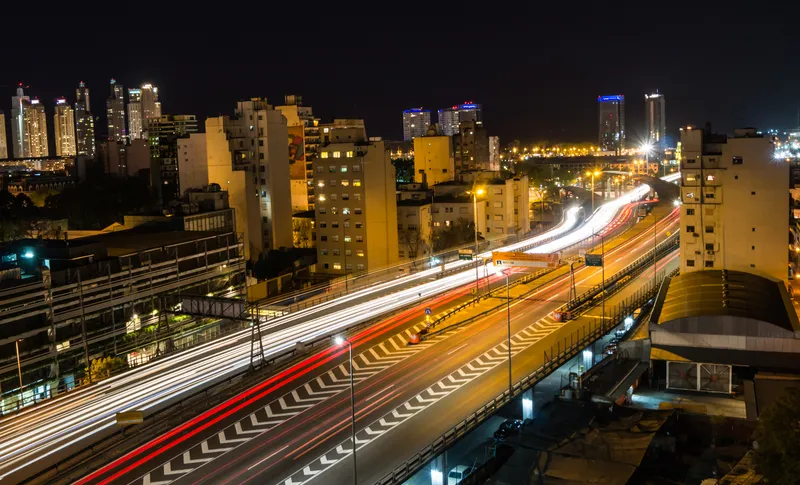In an effort to improve traffic and pedestrian access in the downtown area of Buenos Aires known as Microcentro, the Transport Authority of Buenos Aires in cooperation with the national government of Argentina and local stakeholders implemented Argentina's
This included a pedestrian priority area complemented by a new metrobus corridor. A total of 86 blocks in the Microcentro are now restricted for cars and equipped with licence plate recognition technologies. Sidewalks were extended to create shared spaces, additional bicycle lanes and 29 new bicycle sharing stations were built.
At the same time, a new metrobus corridor was created on the Avenida 9 de Julio, the major north-south thoroughfare adjoining the Microcentro. The bus rapid transit provides high-capacity public transport as an alternative to car travel into the city centre.
As a result, the number of cars entering the Microcentro has reduced by almost 86 per cent, from more than 15,000 to just over 2,121 every day. The metrobus 9 de Julio, used by 11 bus lines carrying 255,000 people every day, cuts average travel time along the three-kilometre corridor by 50 per cent in peak hours.
Buenos Aires integrated urban renewal project wins global transport award
An inner-city renewal initiative in Buenos Aires. Argentina has been awarded the International Transport Forum's Transport Achievement Award, which will be presented during the ITF summit on 1 June in Leipzig, Germany.
May 31, 2017
Read time: 2 mins
An inner-city renewal initiative in Buenos Aires. Argentina has been awarded the International Transport Forum's Transport Achievement Award, which will be presented during the ITF summit on 1 June in Leipzig, Germany.








